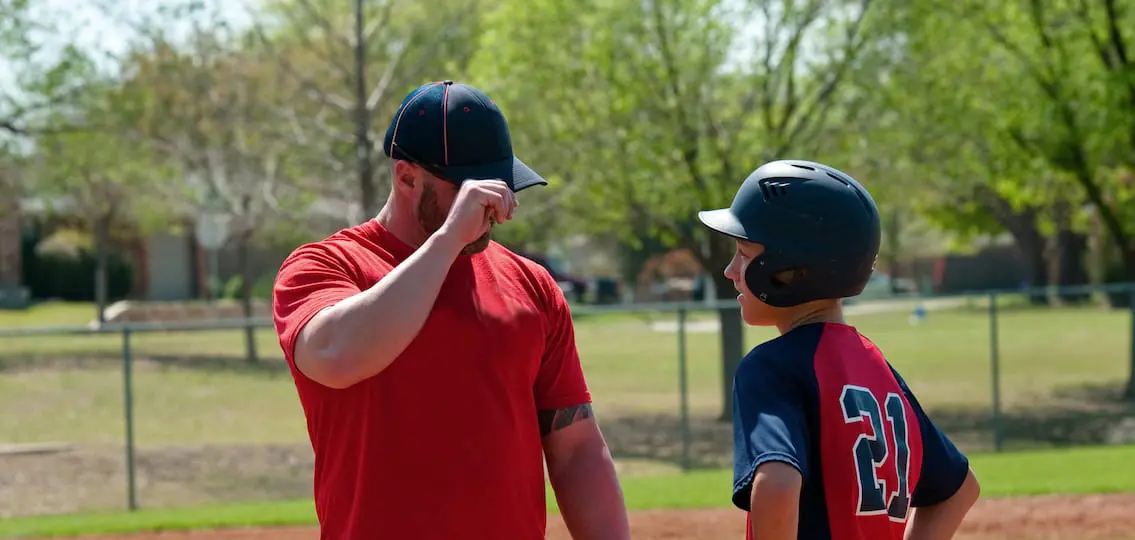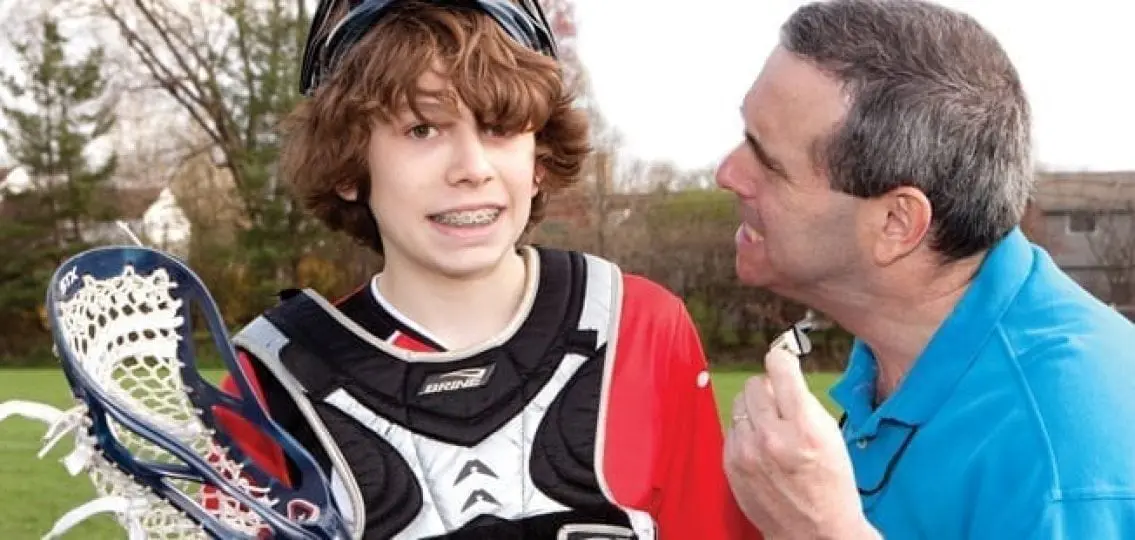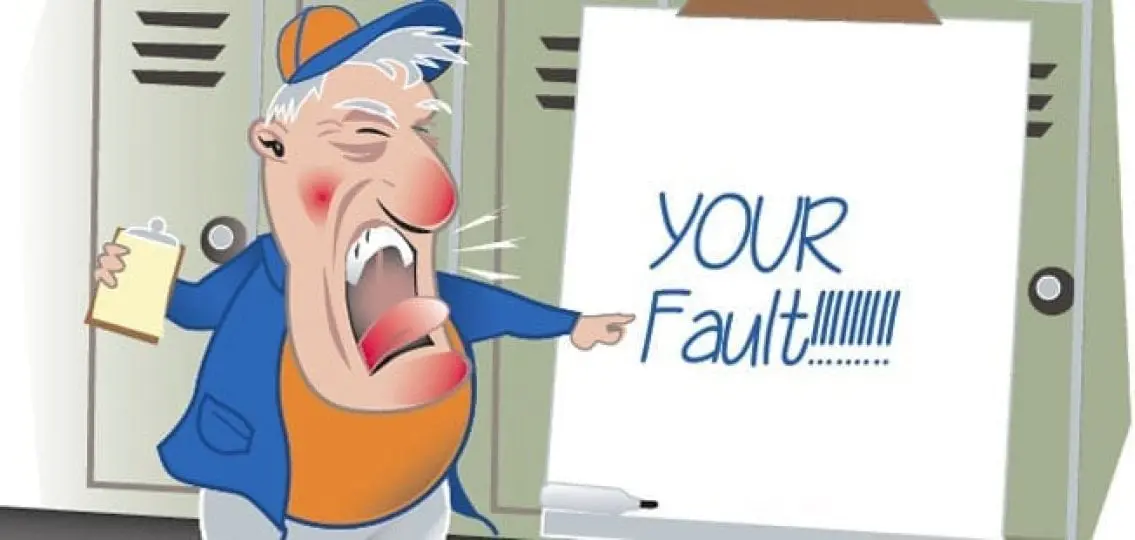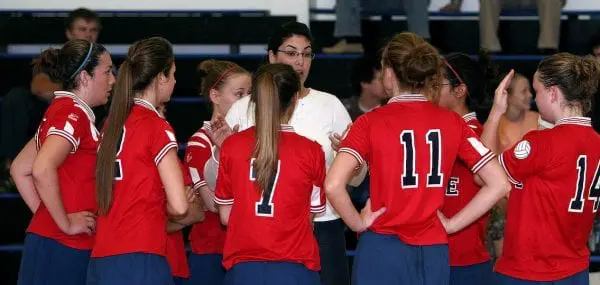In addition to being a full-time mom and freelance writer, I can spend 30-plus hours a week at the baseball field. This is where a large part of my life with four sons takes place. And for the most part, it’s worth it. My boys have fun and learn life lessons about respect, teamwork, discipline, grit, and perseverance. And how to handle criticism.
But every so often, something happens that makes my maternal instincts flare up.

Last week was one of those times. My son’s team played a doubleheader and lost both games, badly. The boys on the other team were bigger and had clearly been playing together for years. They worked together seamlessly, like a single organism. Our team tried, but they got flustered, made errors, and almost everyone struck out.
The next day at practice, one of the coaches decided to use my son as an example in front of the team. He called my son’s name. “Instead of staying in there, you pulled your head out and missed a lot of good, hittable pitches.” Then he growled for good measure.
What he was saying might have been true, but his method of delivery went completely counter to my beliefs about leading—which is to praise in public, criticize in private.
I was angry. But I knew offending my son’s coach would impact my son in the future. So I chose to do some research before deciding what to do. What is the best way for me to help my son learn how to handle criticism from his coach?
I learned that for some people, this type of interaction is harmful.
People with pessimistic ways of talking to themselves might hear the coach say, “You missed a good pitch because you pulled your head out,” and say to themselves, “That’s because I’m a terrible baseball player.” That kind of shame is hard to recover from—especially for people who keep it bottled up inside.
On the other hand, people with more optimistic ways of talking to themselves, might hear, “You missed a good pitch because you pulled your head out,” and say to themselves, “Dang, I guess I need to get back into the batting cages and work out that kink.”
They are able to use the criticism as motivation to improve.
So which type was my son?
Did I need to follow my instincts and have a talk with the coach? Or would he use this experience as motivation to grow?
I wasn’t certain, but I observed his behavior. I didn’t see any outward signs that my son was struggling to recover.
He didn’t yell at his brothers or isolate himself in front of a digital device—two things he commonly does when he’s upset. In fact, 10 minutes after we got home, he asked my husband if they could practice hitting together in the backyard.
He seemed to be using the experience as an incentive to sharpen his skills. I wanted to be sure though, so I asked him if he wanted me to talk to his coach. He thought about it for a minute and said, “Nah, I’m good. You can leave it alone.”
So I did.
I learned through this experience that I shouldn’t assume alternate leadership styles are harmful. It’s okay to take a breath before I intervene on my son’s behalf. By watching what he does when I know he’s hurt, I can learn his signals. If an interaction with a coach triggers those types of behaviors, I can use those opportunities to help him learn how to handle criticism. I will encourage him to be more optimistic by dealing with criticism in context.
I can show him how to use the opposition to grow rather than wilt.
Depending on how deep the wound, I might also suggest that my son could benefit from speaking with the coach one-on-one. Following this pattern will not only empower my son, but it will also help me relax knowing that I don’t need to intervene except in the case of an egregious offense.

It comes down to being present for your children when they are at risk. Pay attention to how they talk to themselves, and work with them to build emotional resilience. These skills will act as a protective barrier throughout their lives—including during those times when you miss signals or aren’t able to intervene on their behalf.




